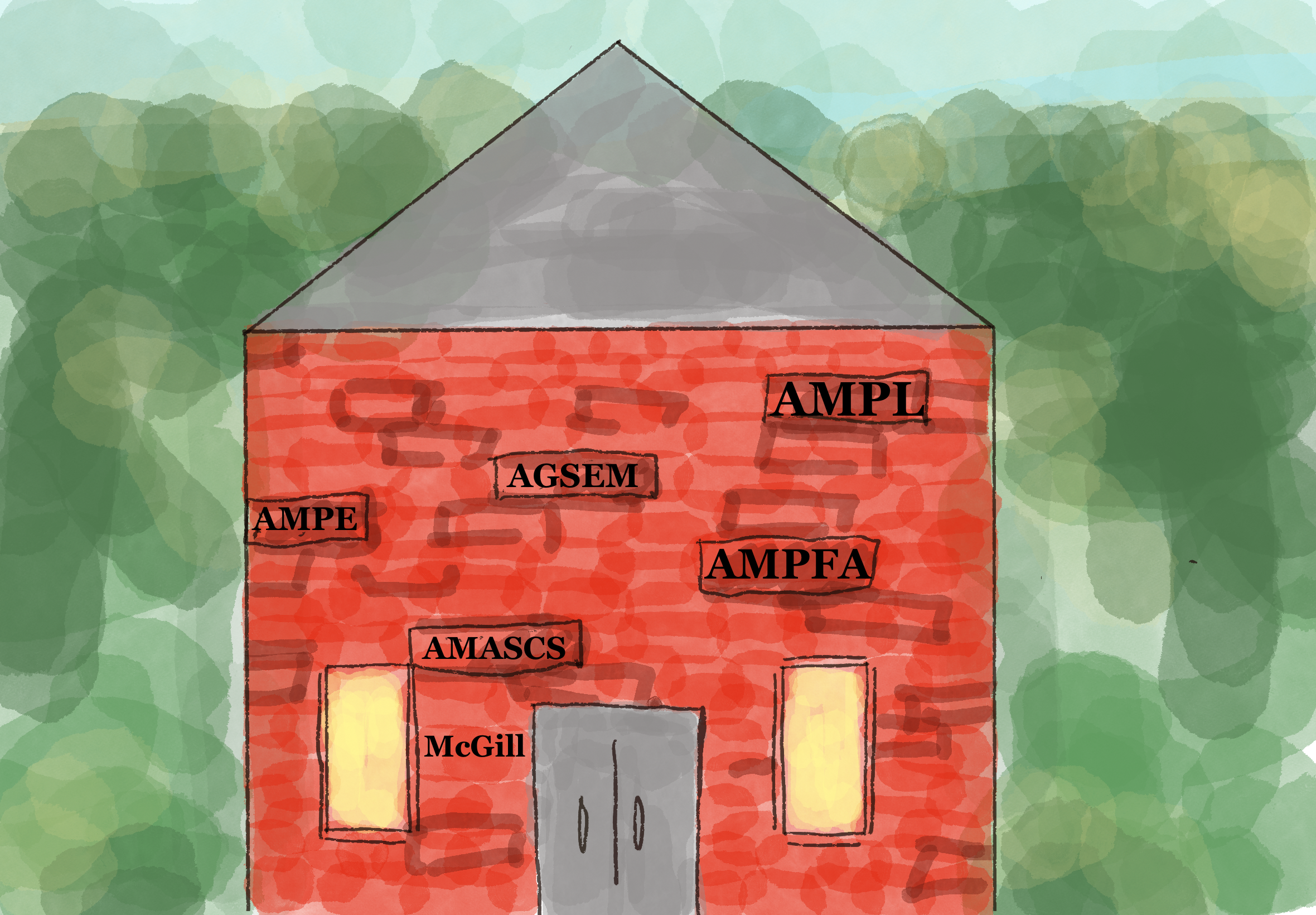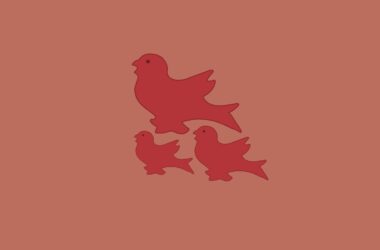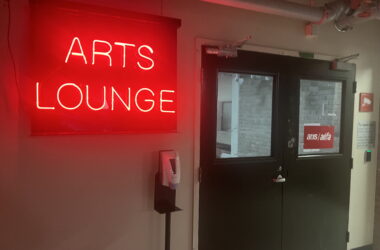The Confederation of Faculty Associations of McGill (COFAM), a group of four McGill faculty unions, announced on Aug. 5 that they filed an application for judicial review in the Superior Court of Quebec to challenge the constitutionality of Quebec’s Bill 89. COFAM consists of the Association of McGill Academic Staff of the School of Continuing Studies (AMASCS/AMPEEP), the Association of McGill Professors of Education (AMPE), the Association of McGill Professors of the Faculty of Arts (AMPFA), and the Association of McGill Professors of Law (AMPL/AMPD).
Bill 89 will give Quebec’s Minister of Labour broad discretionary power to deem any strike too disruptive to the population, and to order strikers back to work and into binding arbitration. The bill was adopted in May 2025 and is set to go into effect in November 2025.
Professor Barry Eidlin, Vice-President of AMPFA, explained in an interview with The Tribune that Bill 89 will dramatically redefine what the provincial government considers an “‘essential worker.’” He explained that essential work previously only pertained to workers like ICU nurses and paramedics, necessary during “a life or death situation.” Eidlin expressed that expanding this definition could be detrimental to labour movements.
“[Bill 89] […] allows the […] Minister [of Labour] considerable discretion in determining what constitutes essential work, and it can include things like economic damage or economic cost [to the employer],” Eidlin said.
COFAM is challenging the constitutionality of Bill 89 on the basis that it infringes on Canada’s protected right to strike. Eidlin explained that once the bill goes into effect, the government could potentially force any workers back to work, depending on how the Minister of Labour chooses to interpret essential work, and the level of harm they determine the strike to cause to the “well-being of the population.”
“A huge number of workers are essential workers in the sense that the work they do is essential to the day-to-day functioning of society, and that’s why strikes work, because they highlight the fact that without the labour that these workers do, society comes to a halt,” Eidlin stated. “If [Bill 89 is] allowed to stand, then we really don’t have a meaningful right to strike in Quebec.”
Based on McGill’s historic response to faculty strikes and union efforts on campus, from the 2024 Association of Graduate Students Employed at McGill (AGSEM) strike, to the AMPL strike of 2024, Eidlin reported that faculty worry McGill could take advantage of Bill 89 to ignore workers’ demands in the future. He referenced the fact that McGill tried to force professors to scab on their students during the AGSEM strike in 2024, by pushing professors to do TAs’ standard grading work.
“McGill has shown that it takes a very hard line against its workers when they go on strike,” Eidlin said. “It’s entirely reasonable to expect that they would try to take advantage of whatever benefits they could get from the bill.”
Similarly, Law Professor and AMPL’s Secretary Richard Janda explained that when AMPL reached an impasse with McGill during negotiations over their collective agreement in 2024, McGill tried to call on the Quebec government to push AMPL’s professors into binding arbitration.
“It really took away the incentive from McGill to engage in collective bargaining,” Janda said. “They basically held out for a back to work order.”
In written correspondence with The Tribune, McGill’s Media Relations Office (MRO) “respectfully declined” to comment on the university’s response to previous labour strikes and to faculty unionization on campus.
Eidlin reaffirmed the core threat to academic freedom Bill 89 poses, explaining how the right to strike protects professors’ abilities to explore and teach controversial ideas, and to improve students’ classroom experience.
“A strike is part of a negotiation process to shape not just our wages and benefits, but also our working conditions, which are students’ learning conditions,” Eidlin said.








